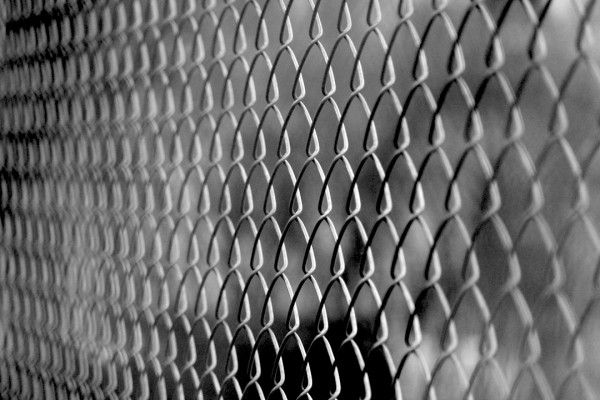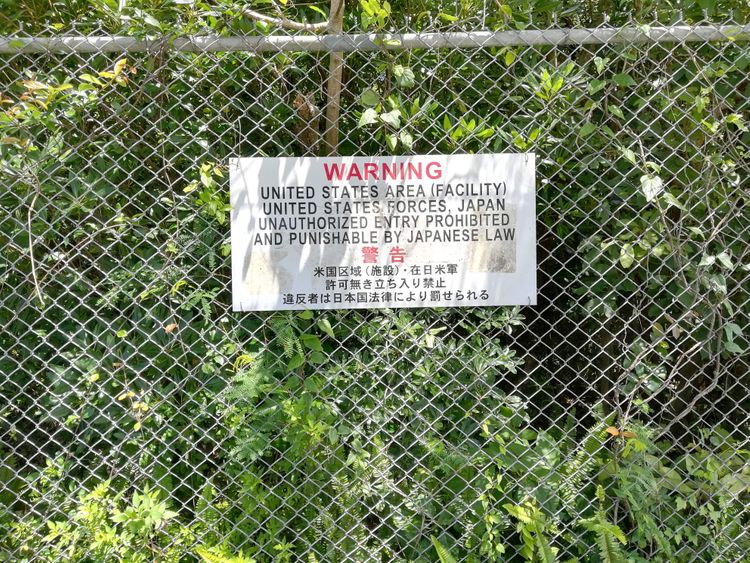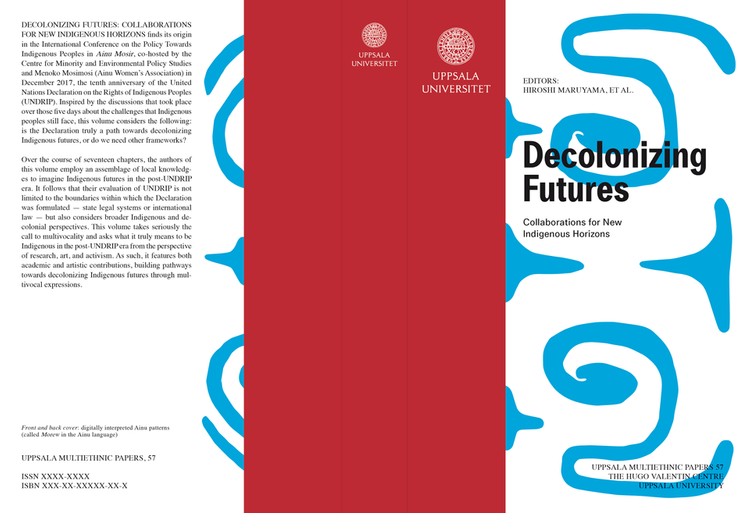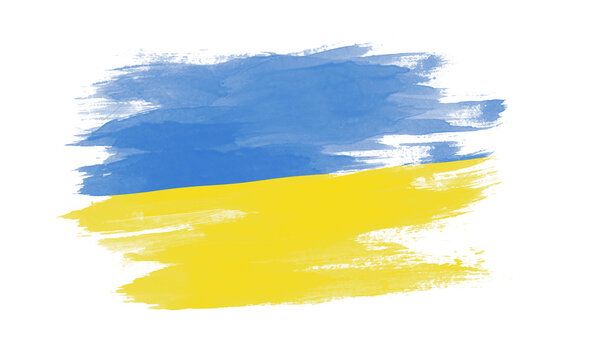Cycling to Cop26 – Report

On 31 October, I set off from Amsterdam to cycle to the 26th Conference of the Parties (Cop26) in Glasgow. To make our call for climate action heard. To demonstrate that things can – and should be – different.
Together with thirty other Luchtfietsers, a collective of cyclists and climate activists, I cycled 300 km (200 mi) over the course of four days. Translated from Dutch, "Luchtfietsers" literally means "air cyclists", referring to people whose imagination is too strong. The hills were steep and the night set in early, but the weather was much better than expected. Where we had prepared for a week of rain, we got bright sunshine instead. At some point, I noticed that I had come to refer to what was supposed to be a necessary ordeal as a “holiday”.
I think this was to a large extent because of my fellow cyclists. We were a bit of a “ragged bunch”, with both seasoned activists who had never cycled uphill (yours truly included) and trained cyclists who had never been to a protest, and a whole spectrum in between. I think I can speak for myself and others that we learned a great deal from each other, but also had a lot of fun together. Anarchist activist David Graeber saw direct action as the insistence on "acting as if you're already free", and cycling with this group certainly made me feel so.

But I think there was another, more ambiguous reason for why the first few days felt like a holiday, namely that the climate crisis was largely absent from our conversations. Already before this journey I had been wondering why so few climate activists actually bother talking about the climate with each other. Maybe it is because fellow activists don’t need convincing, but I think there’s also some sort of subconscious defense mechanism at play. The crisis already looms above us ever more menacingly, so why feed into it even more? It is already in the back of our minds and on the newspaper headlines. It is in the awkward questions of our children, grandchildren, nieces and nephews. And for some of us, the crisis is already at our doorstep.
So no, we didn’t talk about our grandchildren, where they might have to live in the future, how they’d look back at this time of radical urgency but also maddening indolence. We didn’t talk about Indigenous peoples who are suffering right now, how they are being sidelined as their governments sign off their lands in exchange for wealth and power.
But as we drew closer to Glasgow, closer to this place where inaction and action came together, we couldn’t avoid the fact of the matter anymore. On Saturday 6 November, we participated in the global climate justice march. Banners, flags, drums and a slogan shouted in tandem by a hundred thousand people all let the world know: “The oceans are rising, and so are we!”
While in Glasgow, we participated in so-called movement assemblies, organized by the grassroots COP26 Coalition. These are some sort of “counter-Cops”, in the sense that they are attended by activists rather than government and business delegates. Here, speakers represent communities, not nations. They speak for people, not corporations. These people don’t drill the oil, but rely on the polluted rivers. They don’t cut the trees, but live in the disappearing forests. Because they are impoverished by the greed of others, they don’t get a seat at the table. It is a bitter irony that those affected most by the crisis are left out precisely because of those elites who are supposed to solve it.
In these and other assemblies, there was a strong pessimism about the prospects for the Cop26 to change things, but there was also a sense of hope in the air. Not the kind of hope that is wishful and naive: the people I spoke with are perfectly well-aware of the challenges ahead. They have no illusions. But there’s this one slogan that came to my mind in Glasgow, one that first appeared on the walls of Paris during the mass protests of May 1968: “Soyez réalistes, demandez l'impossible.” Be realistic, demand the impossible!
And demanding the impossible we did. It’s a cliche, but the hundred thousand protestors of 6 November really were “united in diversity”. Indigenous activists from all across the world formed the front block of the demonstration. As the first peoples to resist colonialism and exploitation of the living world, they are at the forefront of the climate struggle now. Further down the line, Palestinian flags were boasted next to Scottish independence banners. Queer flags appeared next to quotes from the Quran and the Bible. It was a microcosm of people fighting for justice, all united under the biggest crisis of our times. Walking alongside these people, it really did feel realistic to demand the impossible, even for just a moment.

A popular slogan of Japanese student radicals in the 1970s was 造反有理 (zōhan yūri), which loosely translated means "there are no rebels without reasons". In this march, we were not just marching for one reason. Yes, we were marching for climate justice. But we were also marching for human dignity, solidarity and – perhaps most importantly – freedom.
Freedom is an elusive term, and more often than not we hear it in the context of "freedom from environmental regulations" and "freedom from state interventions". To me, "freedom" means something much more personal. The first recorded usage of the word "freedom" was in the context of a slave revolt in ancient Sumer, over five thousand years ago. Amargi, literally "return to mother", does not refer to the freedom to enrich, not to the freedom to destroy, but to the freedom to be with loved ones.
The reason I included so many slogans from past movements in this blog isn't (only) my lack of personal imagination, but also to remind myself and others that we are not the first ones standing up to power. Many slogans and names have been forgotten since that very first cry for freedom over five thousand years ago, but the instinct for freedom and solidarity remains as strong as ever. Is this perhaps the story we will pass on to the grandchildren we didn't dare talk about earlier?
In what started out as a report but became a bit of a personal reflection, I’d like to end with one final quote. I saw this line for the first time on the bathroom wall (I know, very evocative) of a refugee community kitchen in Calais. It's a line from Leonard Cohen’s “Anthem”:
There’s a crack in everything, that’s how the light gets in.
If capitalism is the wall, then the climate crisis is the crack. To my cyclist and activist friends, I thank you for shining your light along the way. As the crack grows, we will shine ever more brightly.




